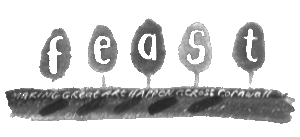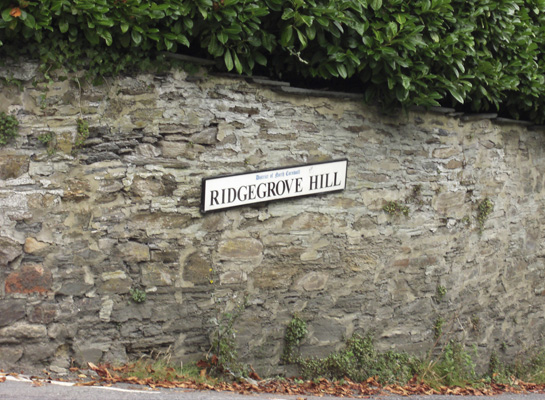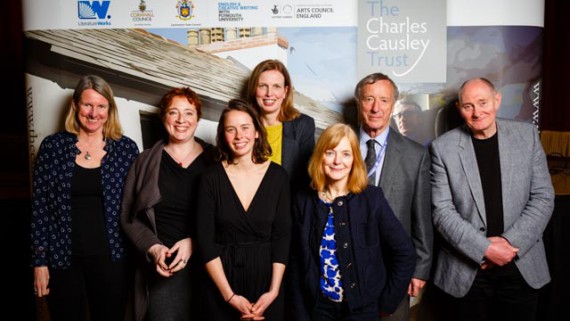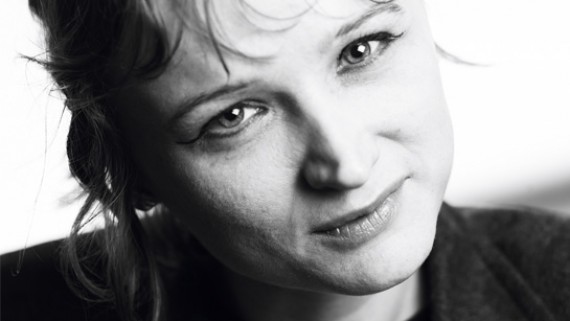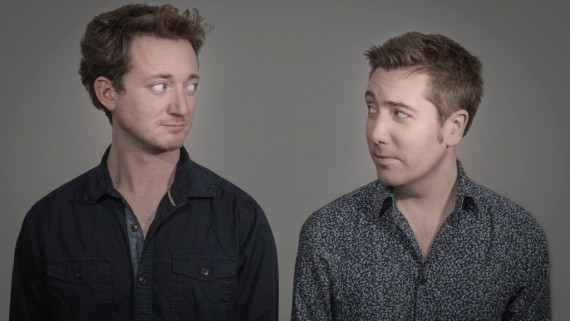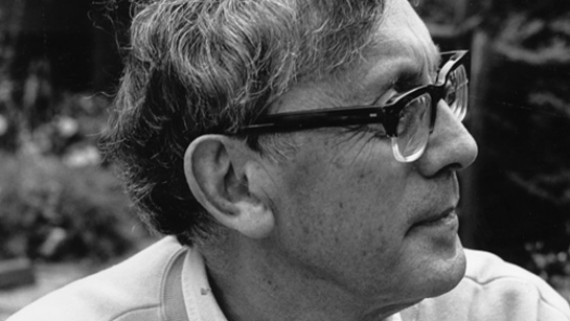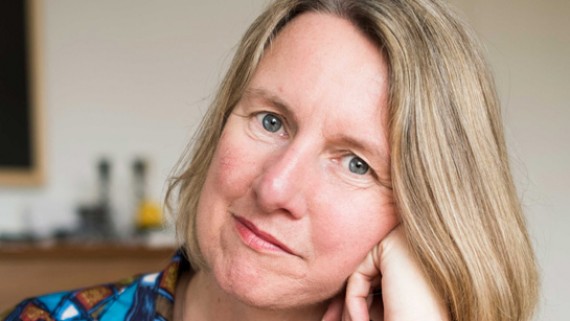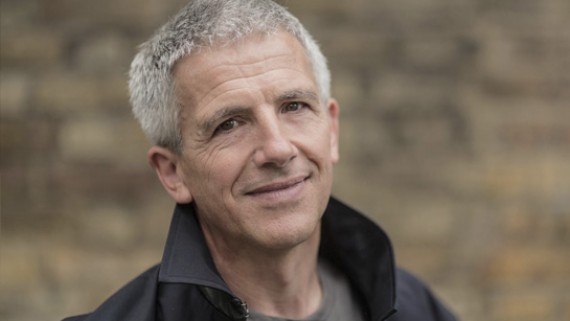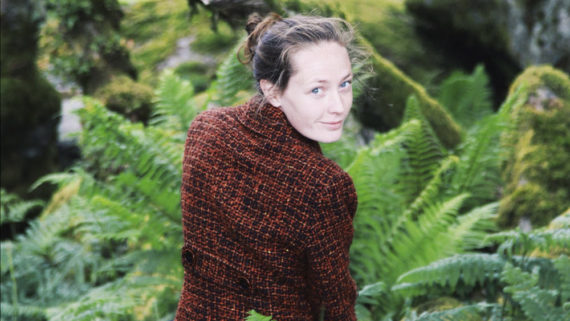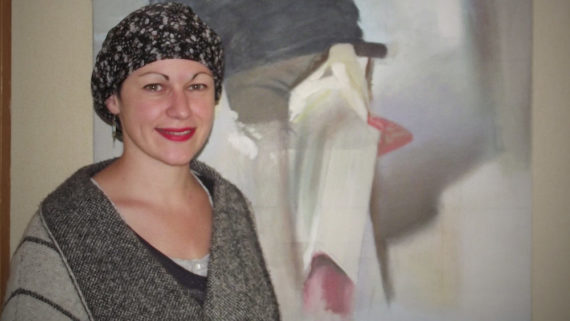Earlier this week I learned that John Moat, co-founder of the Arvon Foundation with John Fairfax, had died. This blog is dedicated to his memory.
What I was seeing as the car coasted down into the blue and purple wood –
shade of the valley was what we might see every moment if we had eyes for it
– how life spells its micro-metaphors in a constant field of meaning.
In these Bramblepark ramblings, I am choosing to look at the broader picture of poetry making – not the word by word, line by line, stanza by stanza building of a poem, but the more amorphous and slippery side of poetry – the invisible, magical elements that can’t be pinned down, only hinted at, seen on the periphery of our vision. An awareness of this can lead to a strengthening of our abilities to glimpse “how life spells its micro-metaphors in a constant field of meaning..” Then, if we can not only glimpse but also remember or record these metaphors, the field of meaning in our work can become more resonant, more imbued with the spirit of the muse or trickster or whoever it is that brings us these bright beads of words.
Three weeks ago I received a book in the post. It was Anyway, a memoir by John Moat, which I was both delighted and surprised to receive. We met a few times over the years – I was living in Hartland and John and his wife Antoinette lived in the neighbouring village of Welcombe – the last time being in London when we bumped into each other at an event at the Free Word Centre. We were mightily surprised to see each other so out of context – busy city streets instead of fields and the every-shade-of-grey-and-sometimes-blue Atlantic sea around us.
Surprises are precisely the things that can nourish the field of meaning though, and often we only know how they link up if we keep a note of them.
Imagination is related to a word which comes from the same root – Magic –
the power to bring about those changes in the world which seem to defy the
normal laws of causality.
It’s good to be outside of the normal laws of causality – to observe these places when we travel through them. It means that when we come to write a poem we’ll know that leaps can be made, that logic is not always the best companion to take us from A to B, or A to X. In relation to this, there are probably only two pieces of advice I would ever give to anyone who wants to be a writer – the first being to buy pen and paper and sit down and write. The other being to keep a journal – to have a place where you can make mistakes, scribble down all sorts of nonsense, dreams, thoughts, ideas, as well as day to day minutiae that may or may not be important or even understandable. In my experience, journals have been sites of nourishment, the very places where poems can incubate and where the imaginative flame can roam and bite and rise without needing to find a form or anything approaching a finishing line.
John Moat was a pioneer, a guardian of the soul’s imagination. He explored every facet of life and brought it to the light, not to extinguish its mystery, but to be able to see it more clearly.
The imagination seems intent on enabling the individual – by expressing him
or herself – to realise that the unique story they have to tell is essential to the
completion of the all-inclusive story of the universe.
John had an amazing ability to fathom the workings of a mythic landscape that existed both inside and outside of him. Imagination was John Moat’s compass in the world. An awareness of the sacredness of the imagination, of the work that has to be done to keep it alive, to learn what it can bring to us.
In 1968, Moat co-founded the Arvon Foundation with John Fairfax. There was virtually no teaching of creative writing back then, no way for writers to come together and share skills and learn. The Foundation was dreamed up “as a place where individuals, and in particular young committed writers, could be given a sanctuary away from […] the creative deprivation imposed by the system of standard education”. To this day the Arvon Foundation offers writers a place where they can work without the imposition of a marking scheme and where they can give free reign to the imagination without any fear of needing to obey a hegemony of ideas.
In 1980, in order to raise funds for Arvon, Moat established the Arvon International Poetry Competition. That year his fellow judges were Charles Causley, Philip Larkin, Ted Hughes and Seamus Heaney. The competition featured on the South Bank Show and received over 30,000 entries – and was won by future poet-laureate Andrew Motion. Just imagine, for a moment, Moat, Causley, Larkin, Hughes and Heaney in a room together discussing which poem was the winning poem. What a gathering that must have been – and perhaps some of those gatherings took place here, in Causley’s house, and perhaps these walls where I am writing this blog drank in some of the things that were said all those years ago. I like to think so.
Farewell John Moat, and thank you for all you brought to this world. We will continue to benefit from your generosity and fierce spirit for many decades, if not centuries, to come.
The imagination is part of an unguarded generosity. Any endeavour
sanctioned by the Imagination will, if true to itself, be proof of this in heart,
word and deed.
Thanks to:
Arvon Foundation : www.arvon.org
Lorna Howarth : www.thewritefactor.co.uk
References:
Imagining Otherwise (GreenSpirit Pamphlet No. 6), Lindsay Clarke
Anyway (please contact info@thewritefactor.co.uk for copies of the book) John Moat

